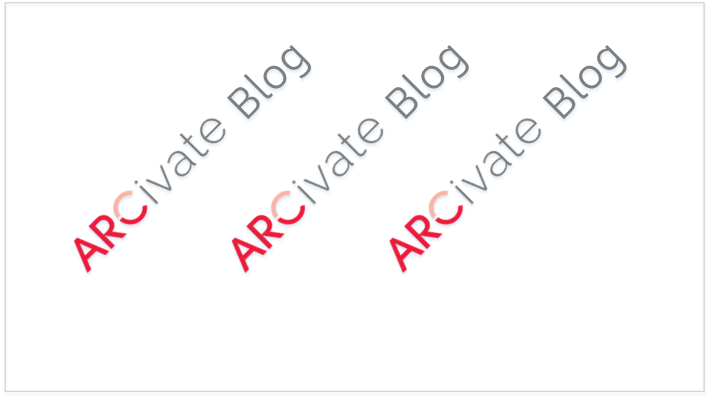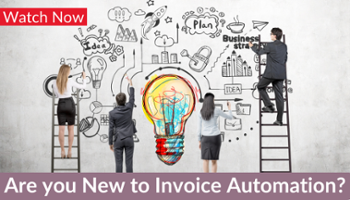
Does a Tax Engine assist with Invoice Automation and Source-to-Settle?
What and when are you asking as part of your Tax setup?
We have implemented many invoice automation solutions to customers, but one question that always comes up is “how do we handle tax and what is the best approach to dealing with tax?”
Whilst it used to be a requirement that invoice automation should handle tax, the current approach should be to consider, what tax engine have you implemented?
Taxation is a key part of invoice processing, however, the ability to identify and process the correct amount of tax needs to be considered as part of your Source to Settle process, not just as part of your invoice automation.
Should a purchase order include tax?
When implementing our automated invoice processing tool, we get many questions asking us about the dos and don’ts of POs and invoices.
A frequently asked question is on tax. Whilst we’re not tax experts nor a tax engine provider, we can offer some tips on best practices when it comes to getting the basics right.
The differences between a purchase order and an invoice
Although a purchase order and an invoice contain much of the same information, they serve two distinct purposes.
A purchase order is a legally binding document that defines the products or services your company wishes to procure from a supplier. The purchase order also outlines the agreed-upon payment terms, including price, delivery date, and quantities.
The creation of a purchase order initiates the procurement process and typically serves as a binding agreement between your company and the supplier. It forms a critical part of the invoice process. Once the supplier has fulfilled the order, they will send an invoice for the products or services delivered to your company.
When it comes to dealing with tax issues it is important to get the basics right. It comes down to two key factors:
![]() Data, and
Data, and
![]() Process (and automation)
Process (and automation)
Data is key to successful invoice processing
Think about your data – have you got the correct data to enable your invoicing to work smoothly? If you don’t have the basic information right, then you won't succeed.
Addresses are one of the fundamental principles to get right. If they are not up to date you are more likely to have errors. Think about - Have you got the right data to enable your tax to work? Have you got the right locations, supply origin, and delivery locations?
Take the US market as an example - there are lots of tax nuances, especially in the USA.
US tax can vary by zip code, not just state. There are approx. 8000 jurisdictions. This means correct address information is a big factor in the quality of your tax solution. Setting default tax codes will not suffice.
Another example – If you’re raising a PO in France and delivering to the UK, will your system know which tax to add?
An address plays a critical role in the quality of your tax solution. If the address data in your system is incorrect or not up to date, you are far more likely to encounter tax errors on your invoices.
Get your processes in order
Getting your processes in order and keeping them simple is key. Too often we’ve seen customers implement rules that aren’t applied because business users don’t have sufficient knowledge or training.
At a basic level, it is much easier to process an invoice with a PO in place. The PO data should help you identify the right tax codes. Automation saves time, reduces cost and risk and eliminates human error.
How a tax engine could benefit your business
A tax engine can save time and increase the quality of invoice processing.
With more invoices processed and paid on time, it helps to improve relationships with vendors. Also, supplier invoices are less likely to contain errors, resulting in fewer complaints from business users and suppliers. A tax engine reduces the likelihood of major tax corrections.
Our automated invoice processing solution, Mi Invoices, works seamlessly with tax engines and we’re happy to chat about advice on 3rd party tax integrations
Watch our webinar "Are you New to Invoice Automation?" |
|
Watch our on-demand webinar where we will review the benefits and reasons for using automated invoice processing. |





.webp?width=420&height=240&name=Mi%20Invoices%20Personalised%20Demonstration%20Request%20(2).webp)






